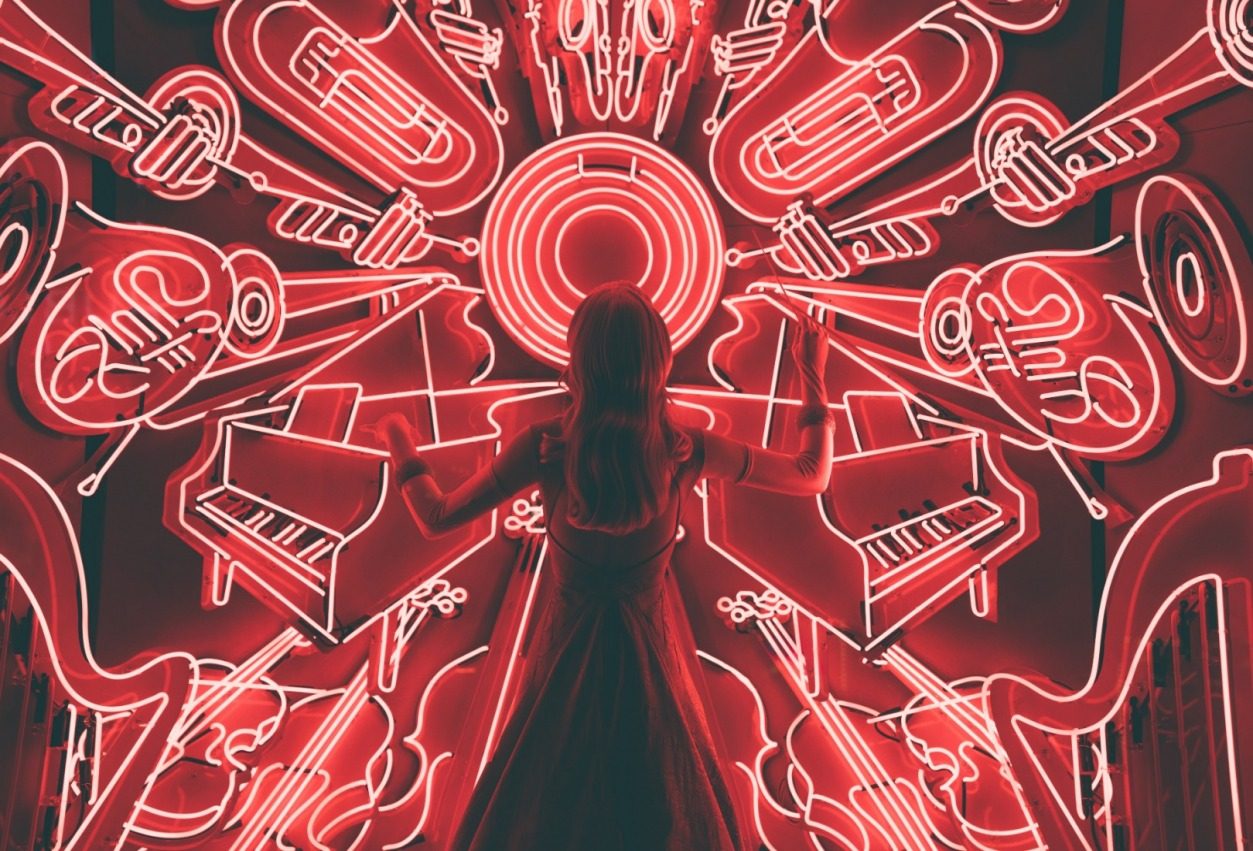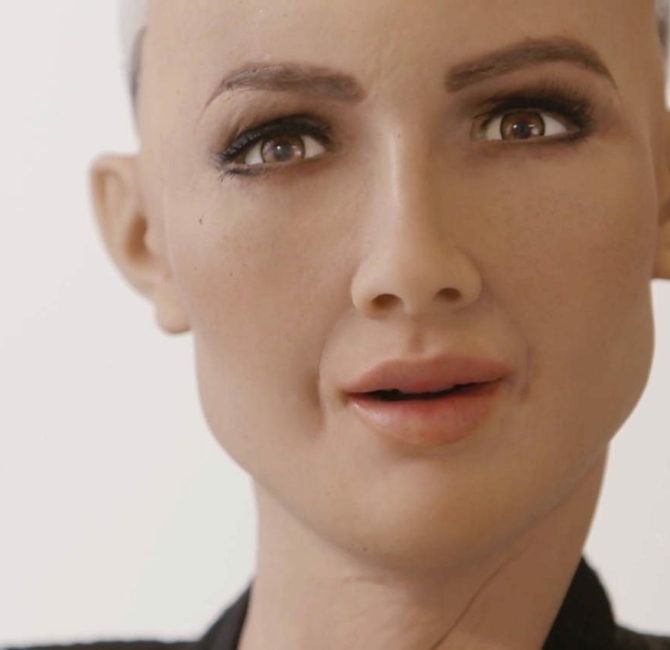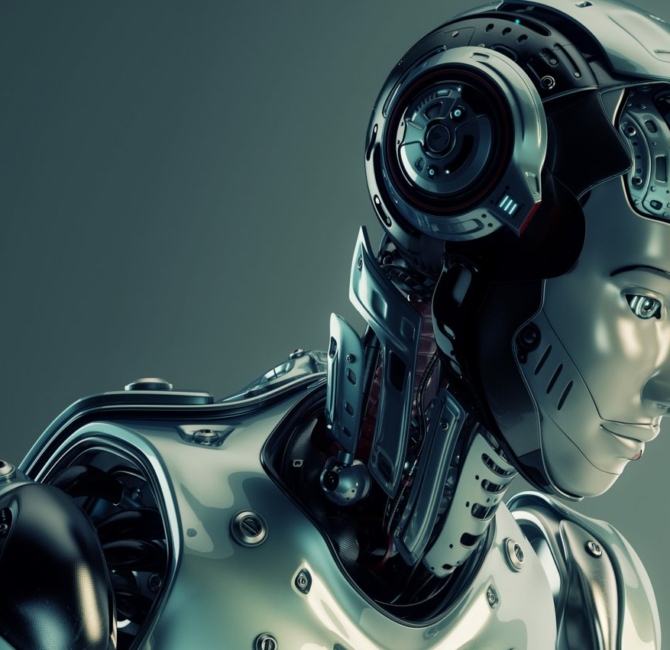Since artificial intelligence can already write books, it seems that writing music will not be a difficult task for it. Such experiments have been conducted for some time. However, this one, in comparison with the others, is definitely more interesting – artificial intelligence helped generate the continuation of Symphony No. 10 by Gustav Mahler.

The combination of artificial intelligence and music
What will be the outcome when we use AI to create music? Many modern artists are trying to answer this question. One of them is Ali Nikrang, researcher and composer working for Ars Electronica Futurelab – the organizer of the annual festival taking place in Linz, Austria. Nikrang applied the MuseNet software to generate the continuation of the unfinished work by Austrian composer Gustav Mahler. Artificial intelligence has developed the ending of Symphony No. 10 by analyzing other composer’s works – learning the dynamics and other characteristic features.
The final product of AI was presented during this year’s edition of the Ars Electronica festival. Was the difference noticeable? Opinions on this topic are divided. Experts of Gustaw Mahler’s work immediately noticed the disparity, while some of the listeners did not catch it and assessed the overall tone of the composition positively.
“It all sounds like music, there are emotions, but someone who really knows Mahler will notice immediately that it is not Mahler,” – said Nikrang.
In the era of rapid artificial intelligence development, the question arises whether AI can be a solution that researchers and creators will reach for? And would it be possible to train it to compose music marked with emotions? We are very curious!
DB
Source: news.yahoo.com



